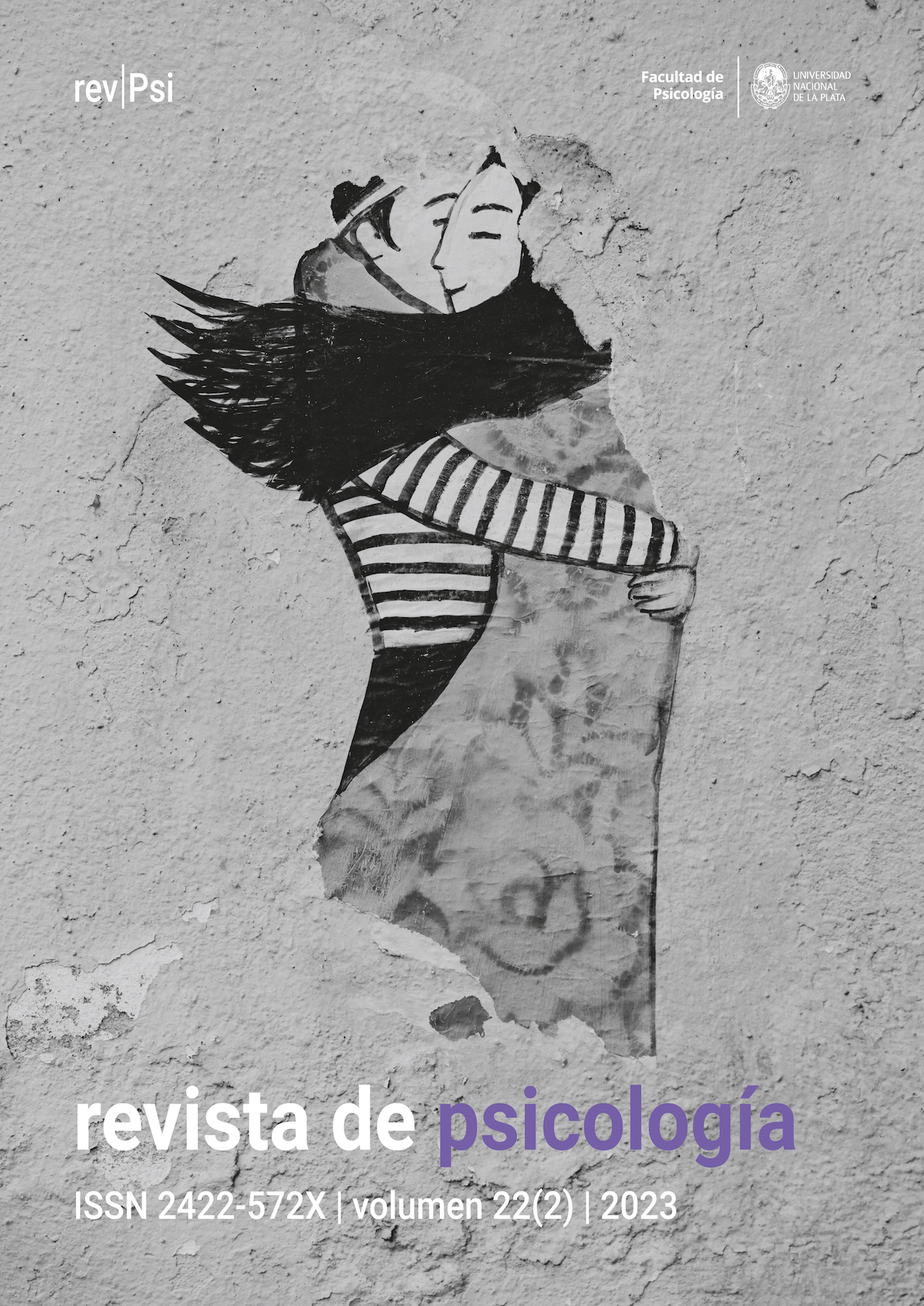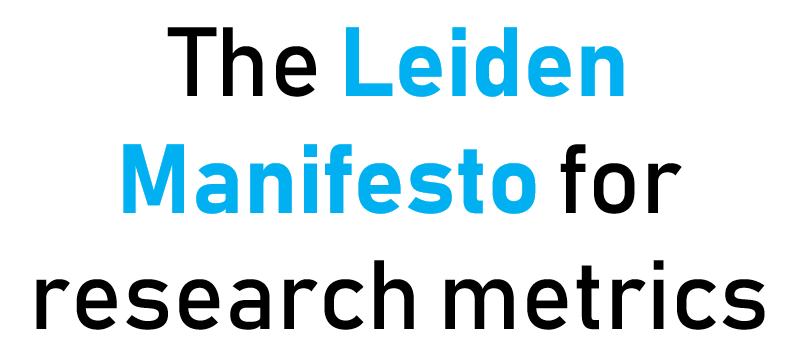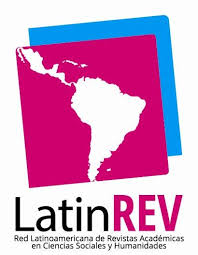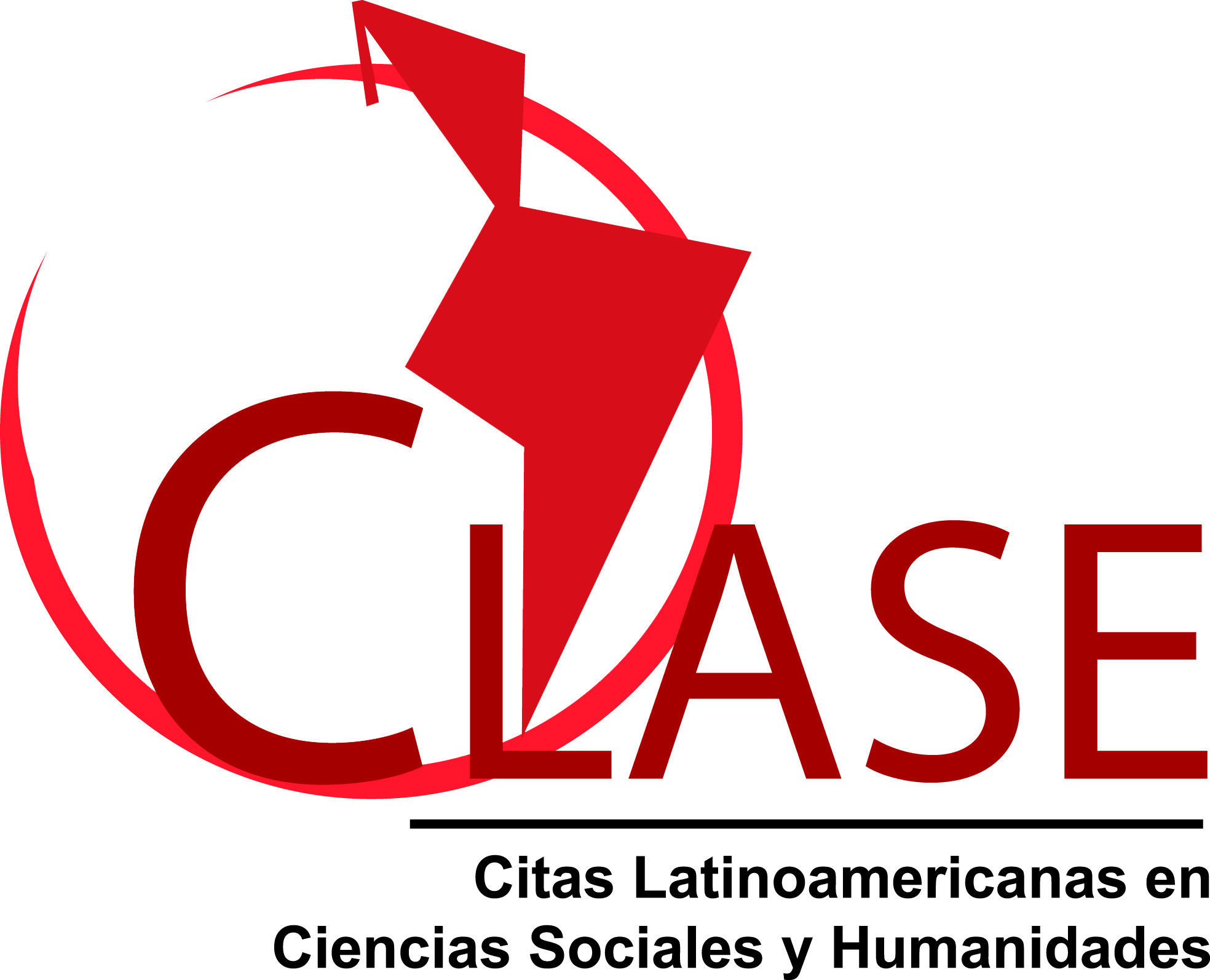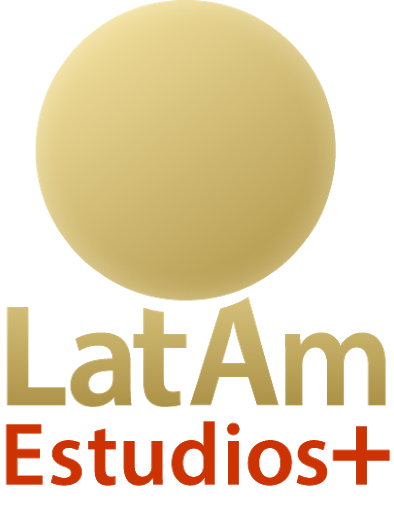The nature of expert prognosis in psychology
DOI:
https://doi.org/10.24215/2422572Xe152Keywords:
expert prognosis, scientific prediction, technological forecast, classification criteria, taxonomyAbstract
Expert prognosis in psychology is a specific type of anticipatory statement, different from other types of foresight that can be found in that discipline, like scientific predictions and technological forecast. Even though the three types of statements share some basic properties (all of them are rationally based statements, for example), their differences have not been usually explored in detail. To contribute to a conceptual elucidation of expert prognosis, in this paper we suggest six criteria that allow us to identify and distinguish them from the other types of anticipatory statements. These criteria are the following: 1) context, 2) the purpose, 3) the foundation, 4) the presence or absence of intervention, 5) the reflexive character, and 6) the object. In addition, we suggest a taxonomy of expert prognosis based on the type of object of prognosis and on the presence or absence of intervention in the process.
Downloads
Metrics
References
Allport, G. W. (1940). The psychologist's frame of reference. Psychological Bulletin, 37(1), 1–28. https://doi.org/10.1037/h0060064
Andrews, K. (2003). Knowing mental states: The asymmetry of psychological prediction and explanation. En Q. Smith y A. Jokic (Eds.), Consciousness. New philosophical perspectives (pp. 201-219). Oxford University Press.
Barret, J. y Stanford, P. K. (2002/2006). Prediction. En S. Sarkar y J. Pfeifer (Eds.), The philosophy of science. An encyclopedia (pp. 585-599). Routledge.
Bermúdez, J. L. (2005). Philosophy of psychology. A contemporary introduction. Routledge.
Block, N. (1980). What is philosophy of psychology? En N. Block (ed.) (1980). Readings in philosophy of psychology, Vol. 1. Harvard University Press.
Botterill, G., y Carruthers, P. (1999). The philosophy of psychology. Cambridge University Press.
Bunge, M. (1972). Teoría y realidad. Ariel.
Bunge, M. y Ardila, R. (2002). Filosofía de la psicología. Ariel.
Carrier, M. (1998). In defense of psychological laws. International Studies in the Philosophy of Science, 12(3). 217-232. https://doi.org/10.1080/02698599808573597
Chung, M. C. y Hyland, M. E. (2012). History and philosophy of psychology. Blackwell.
Davidson, D. (1970). Mental events. En L. Foster y J. W. Swanson (Eds.), Experience and theory (pp. 79-102). University of Massachusetts Press / Duckworth.
Fishbein, M. y Ajzen, I. (2010). Predicting and changing behavior. The reasoned action approach. Taylor & Francis Group.
Gadenne, V. (2004/2006). Filosofía de la psicología. Herder.
Gonzalez, W. (2015). Philosophico-methodological analysis of prediction and its role in economics. Springer.
Hempel, C. (1965). La explicación científica. Paidós.
Horgan, T. y Tienson, J. (1990). Soft laws. Midwest Studies in Philosophy, XV, 256-279. https://doi.org/10.1111/j.1475-4975.1990.tb00217.x
Levi-Strauss, C. (1962/1964). El pensamiento salvaje. Fondo de Cultura Económica.
Losee, J. (1972/2001). A historical introduction to the philosophy of science (4ta ed). Oxford University Press.
Macdonald, C. y Macdonald, G. (eds.) (1995). Philosophy of psychology. Debates on psychological explanation, Vol. 1. Blackwell.
Marraffa, M. (2003). Filosofía della psicologia. Laterza Editori.
Meehl, P. (1954). Clinical versus statistical prediction. A theoretical analysis and a review of the evidence. University of Minnesota Press.
Merton, R. (1949/1968). Social theory and social structure. The Free Press.
Nagel, E. (1961/2006). La estructura de la ciencia (N. Míguez, Trad.). Paidós.
Nunnally, J. y Bernstein, I. (1967/1994). Psychometric theory (3ra ed.). McGraw-Hill.
O’Donohue, W. y Kitchener, R. (1996). The philosophy of psychology. SAGE.
Popper, K. (1963/1972). Conjeturas y refutaciones. El desarrollo del conocimiento científico. Paidós.
Sarbin, T. (1944). The logic of prediction in psychology. Psychological Review, 51(4), 210-228. https://psycnet.apa.org/doi/10.1037/h0057400
Symons, J. y Calvo, P. (2009). The Routledge companion to philosophy of psychology. Routledge.
VandenBos, G., R. (Ed.) (2007/2015). Dictionary of psychology (2da ed.). American Psychological Association. https://doi.org/10.1037/14646-000
Walsh, R., Teo, T. y Baydala, A. (2014). A critical history and philosophy of psychology: Diversity of context, thought and practice. Cambridge University Press.
Weiskopf, D. y Adams, F. (2015). An introduction to the philosophy of psychology. Cambridge University Press.
Winer, E. S., Salem, T. y Nadorff, M. (2015). Prognosis. En R. L. Cautin y S.O. Lilienfeld (Eds.). The Encyclopedia of Clinical Psychology (pp. 2252-2257). John Wiley & Sons.
Yarkoni, T. y Westfall, J. (2017). Choosing prediction over explanation in psychology: Lessons from machine learning. Perspectives on Psychological Science, 12(6), 1100–1122. https://doi.10.1177/1745691617693393
Downloads
Published
How to Cite
Issue
Section
License
Copyright (c) 2022 Gustavo Fernández Acevedo

This work is licensed under a Creative Commons Attribution 4.0 International License.
![]()
Authors who publish in this journal accept the following conditions:
- Authors retain the copyright and assign the right of first publication to the journal, with the work registered under a Creative Commons attribution license (CC-BY), which allows third parties to use what is published whenever they mention the authorship of the work and the first publication in this magazine.
- Authors can make other independent and additional contractual agreements for the non-exclusive distribution of the article published in this journal (e.g., include it in an institutional repository or publish it in a book) as long as they clearly indicate that the work was published for the first time in this magazine.
- Authors are allowed and encouraged to publish their work on the Internet (e.g., on institutional or personal webpages) before and during the review and publication process, as it can lead to productive exchanges and greater and faster dissemination of published work (see The Effect of Open Access ).

